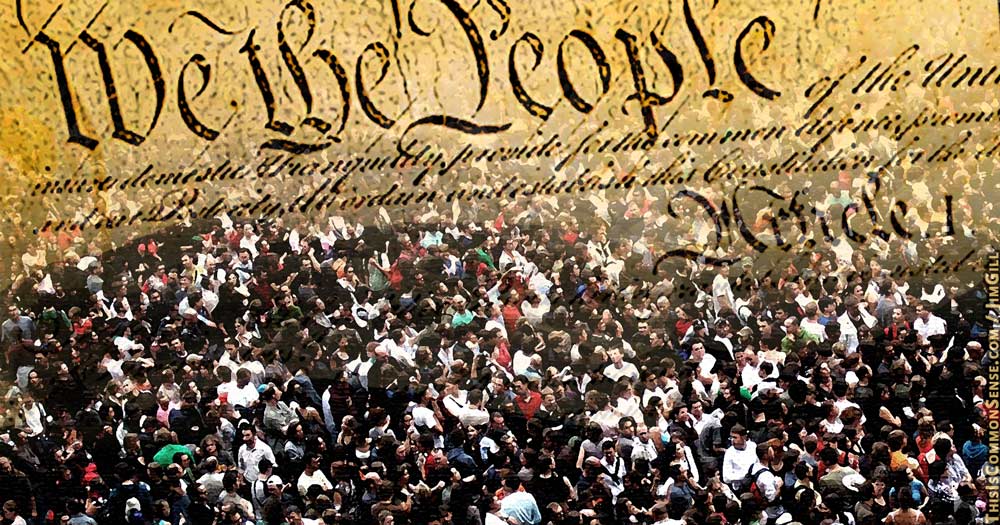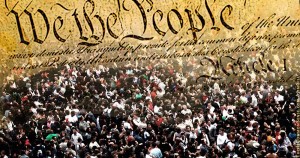“At a certain point, you have to let go for the democracy to work,” President Barack Obama told HBO’s Bill Maher last week, praising “the wisdom of the founders.”
“There has to be fresh legs,” he continued. “There have to be new people. And you have to have the humility to recognize that you’re a citizen and you go back to being a citizen after this office is over.”
Maher failed to ask Mr. Obama how this “fresh” viewpoint squared with his support for Mrs. Clinton. Nevertheless, let’s applaud the president’s endorsement of term limits.
Speaking of the founders, and limits on power, and this being Election Day, I’m reminded of a commentary in Forbes, back on Election Day four years ago, written by Ed Crane, the man who built the Cato Institute into one of the nation’s preeminent think tanks. Bemoaning the “interminable presidential race,” Crane wished for “a nation in which it really didn’t matter who was elected President, senator or congressman.”
“Don’t get me wrong, because I’m not saying it doesn’t,” explained Crane, “only that it shouldn’t.” He added, “I believe the Founders had a similar view.”
His point is simple: Getting to vote for your next president and senator and congressman is swell, but it’s important to have a Constitution that restrains those elected, so they “don’t have a heck of a lot of power over you or your neighbors.”
“We are a republic of limited governmental powers,” or should be, argued Crane. “Such a nation allows for sleep on election night.”
Instead of gnashing of teeth.
This is Common Sense. I’m Paul Jacob.


1 reply on “The Wisdom of the Founders”
When did the president endorse term limits?
“When this office is over” doesn’t come across as support for term limits. Do you really doubt that, absent the 22nd Amendment, Barack Obama would be on the ballot for a third term?
It’s not clear the founders believed in term limits. George Washington set the precedent for presidents, but people in Congress and state governments didn’t necessarily limit their terms. John Quincy Adams, after serving as President, was elected to the House, where he served for seventeen years, until the day he died.